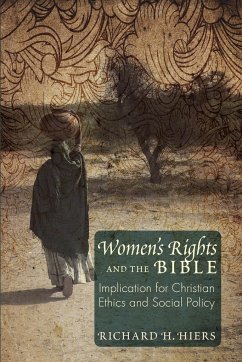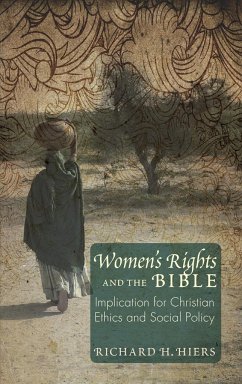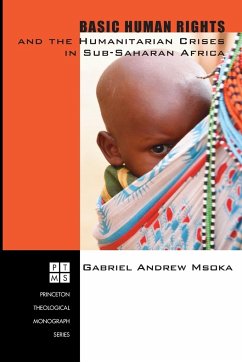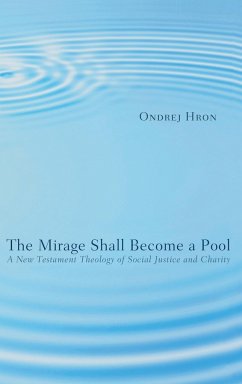In this volume, Richard Hiers challenges the popular assumption that the Bible has a low view of women and that biblical law either ignores women or requires them to be subject and subservient to men. He does so by identifying and carefully examining hundreds of biblical texts and allowing them to speak for themselves. Among the findings: - that biblical tradition generally represents women positively, as strong and independent persons; - that no text represents wives as subject to their husbands and that no biblical law requires such subjection; - that biblical laws provide many protections for women's rights and interests--in several instances, rights equal to those enjoyed by men. The book focuses particularly on the Old Testament and Old Testament law, and argues that Old Testament laws and their underlying values provide important resources for Christian ethics and social policy today.
Hinweis: Dieser Artikel kann nur an eine deutsche Lieferadresse ausgeliefert werden.
Hinweis: Dieser Artikel kann nur an eine deutsche Lieferadresse ausgeliefert werden.








